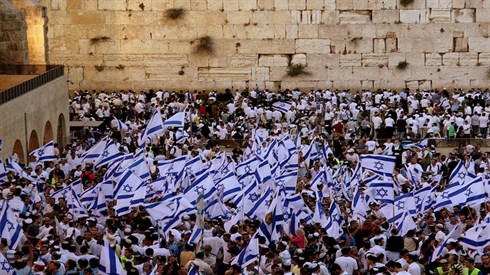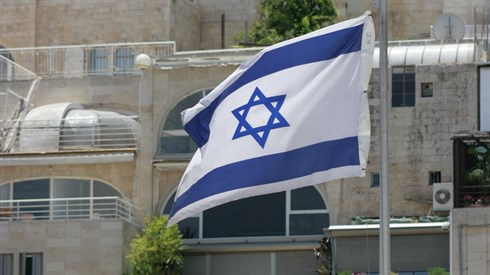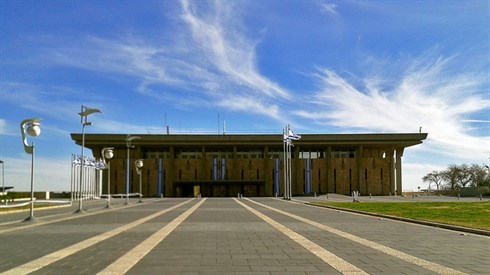4228
Question
Dear Rabbi Sperling,
I’m in Turkey right now, staying with a Jewish family who does not keep kosher. I have a couple questions about some situations that have come up.
Sponges-- Can you use the same sponge to wash meat/dairy/treif dishes? Is there an opinion that the soap nullifies the status of the dishes (I think I heard this somewhere but I can’t remember where)? And, if so, can you only use the same sponge bedieved or also lehatchila? Does the temperature of the water (yad soledet bo) or whether the sponge was still wet from the traif dishes play a role?
Burners-- Is it necessary to kasher a burner on a stove that has been used for traif? Or does the heat from the flame from the burner serve to kasher it? I’ve heard that you have to wipe the stove down and then turn the burner on high for a few minutes before using it. But people have also told me that is not necessary-- the heat from the flame kashers it immediately. Since I’ve been hearing different answers from different friends, I wanted to ask a rabbi. Also, with burners is there also a difference between lehatchila and bedieved? And does the type of burner matter?
Thanks a lot for all your help!!!!
Answer
Shalom,
I hope your stay in Turkey is a good one – and that we see you back in Israel soon. In answer to your questions :-
Sponges – one certainly needs separate sponges to wash up dishes. Two separate sponges are needed for kosher dishes, one for meat and one for meat. A sponge used for non-kosher dishes may not be used for kosher dishes. This applies even if a person would do all their washing up in cold water. If for some reason (by mistake) this was not followed, then you need to approach a rabbi with the specific details of what happened. Each case will depend on all the things you mentioned – the heat of the water, whether soap was used, and perhaps some other details.
Burners – even though there is a strict opinion (see the Chochmat Adam 74:4) who holds that one needs to kosher the burner, the halacha is not like his ruling. Rather we hold that even if non-kosher food spilled onto the burner it cannot transfer to your kosher pot because taste does not transfer through two dry pots touching each other, nor the pot touching the dry burner. This is the ruling of Rav Feinstein zt"l (Yoreh Deah, 1,59). However, if the burners are dirty with non-kosher food, such as grease and fats that dripped on them, they must be cleaned before use. The non-kosher fats will certainly transfer their forbidden taste into the pot being cooked on the fire. (see Zedah LeDerech, Rav Shapiro, 70,2).
Blessings.

Sefira observance on Yom Haatzmaut
Rabbi Chaim Tabasky | 7 Iyyar 5766

Buying new things during the Omer
Rabbi David Sperling | Iyyar 18, 5775

corresponding
Rabbi David Sperling | Cheshvan 29, 5782




